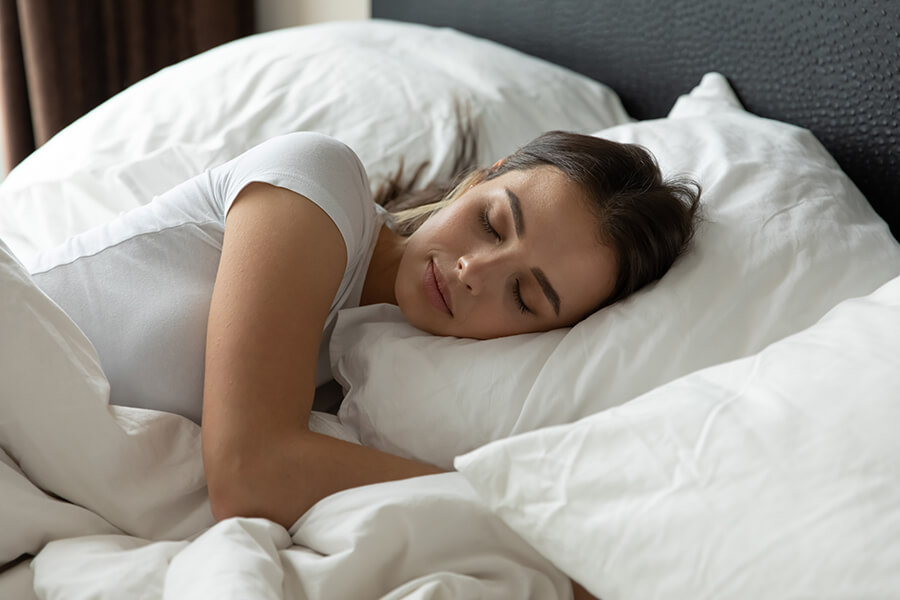At some point, we’ve all wondered what happens to our bodies when we start closing our eyes at night.
The first thing that probably comes to your head is dreaming, but did you know that there are more amazing things that happen when we are asleep?
Here are some interesting facts for you.
Your breathing slows down – it may reach its lowest rates during non-REM sleep.
But when you’re under REM sleep it goes to an irregular breathing rate.
Your muscle relaxes when you’re asleep – you can experience atonia which paralyzes most of your muscles during the REM stage.
This condition prevents us from moving while we dream, making us safe from uncontrollable movements while we are asleep.
Your body produces different types of hormones – Melatonin, lepton, ghrelin, and cortisol.
These hormones help us promote better sleep, improve our stress response, and can control our appetite. Preparing your body for the next day’s challenge.
Your brain is still active – You may think that when you’re asleep, your brain is also resting.
It organizes and processes your daily information which can contribute to your long-term memory.
It changes its brain activity depending on which sleeping stage you are currently in.
What are the stages of sleep?
Non- Rem Stage N1: Beginning of sleep
- Breathing and heartbeat rate decreases
- Muscles begin to ease off
- This stage doesn’t last long
Non-Rem Stage N2: Dozing off sleep
- Heartbeat and breathing decrease further
- Body temperature declines
- Doesn’t experience eye movement
- It may take about 25 mins
Non- Rem Stage N3: Delta sleep/ Slow-wave sleep
- Deepest Sleep state
- The slowest rate of heartbeat and breathing
- Delta brain waves begin
- Doesn’t experience eye movements
- Completely relaxed body
- Improves Immune system
- Restoring tissue and cells also enhances their growth.
Rem Stage R: Deep sleep
- Primary dreaming stage
- Breathing and heart rate increases
- Intensified eye movements
- Amplified brain activity
- Experiences temporary paralysis of muscles

